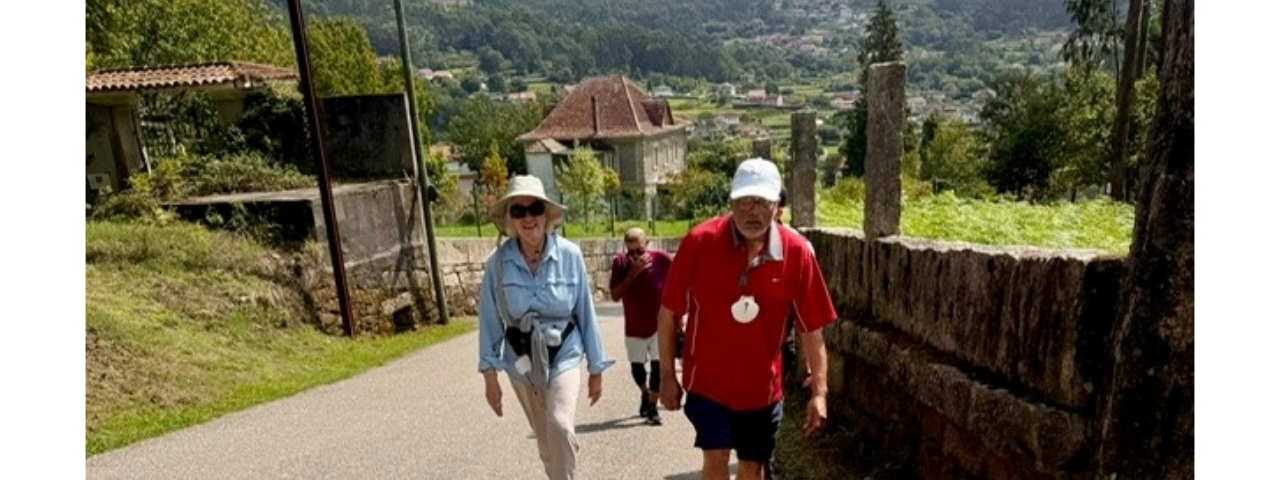Body
(Chicago Tribune)--In front of enormous windows overlooking Lake Michigan, Gordon Quinn sat at a small white table at a rehabilitation hospital facing speech language pathologist Kate Webler.
Only Webler’s eyes were visible from behind a mask, face shield and goggles. She asked Quinn to place a white plastic straw in his mouth, then suggested he sing “Happy Birthday” through it — an exercise meant to help him stretch and relax his vocal cords.
Instead, Quinn began singing the Rolling Stones’ “You Can’t Always Get What You Want.” Webler laughed and urged him on.
It was a moment of levity in an otherwise difficult six-week-long journey for Quinn, a renowned Chicago documentary filmmaker — known for movies such as “Hoop Dreams” — who came down with COVID-19 in March. Quinn, 77, spent about a month at Northwestern Memorial Hospital, including nearly two weeks on a ventilator. He was so sick, at one point, that he told his doctors he’d rather obtain a do-not-resuscitate order than be placed on a ventilator again.
By mid-April, he was well enough to leave the hospital, but he still couldn’t walk very far on his own. He couldn’t control his fingers well enough to type the pass code into his cellphone. He had trouble swallowing and speaking. So, instead of going home, he went to the Shirley Ryan AbilityLab, a rehabilitation hospital in Chicago.
“When you’re that sick, the question is are you going to live or die,” Quinn said. “Once you start rehab, the whole mindset changes because rehab is about getting your strength back, getting back into the world.”
Quinn, like many severely ill COVID-19 patients, found that surviving the disease was merely the first leg of the journey to overcoming it. Each day in Illinois, more than 1,000 COVID-19 patients are fighting for their lives in intensive care units in hospitals across the state. But when they get past the worst of the illness, many are finding that they need help to return to normal life and must spend hours a day in therapy at special rehabilitation hospitals, rehab units within traditional hospitals, skilled nursing facilities, outpatient facilities or at home. And that’s to say nothing of the longer-term health problems that some physicians say may follow COVID-19 patients.
“It’s one thing to survive the infection, but what’s next?" said Dr. Leslie Rydberg, an attending physician at the AbilityLab.
Patients recovering from COVID-19 face some of the same obstacles as others who have been on ventilators, such as trouble swallowing and talking. They also often must work on their strength, as do many types of patients who are laid up in hospital beds for weeks on end.
But COVID-19 survivors also face some unique challenges. Therapists say patients recovering from severe cases of COVID-19 often tire very easily, after only a couple moments of activity. They may have significant fluctuations in blood pressure, such as very high when in bed and very low when doing therapy.
Read the full story on the Chicago Tribune.

